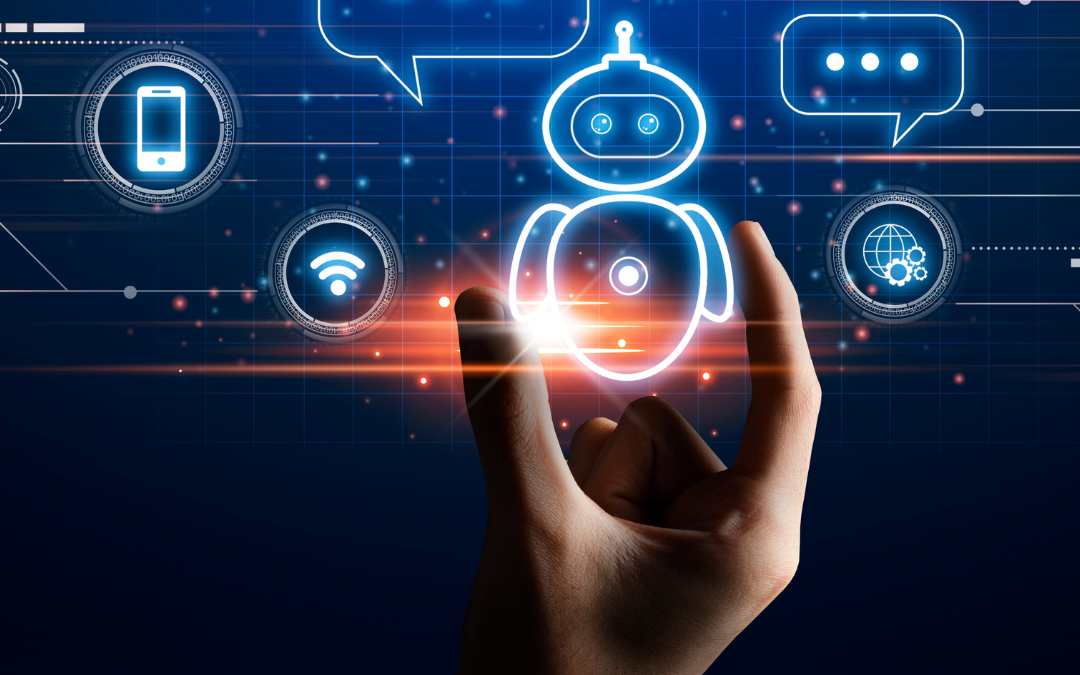A (small) study that The New York Times reported on indicated that chatbots alone could outperform human doctors in performing diagnoses. Also, doctors who used a chatbot did only slightly better than doctors that did not use a chatbot for forming diagnoses.
The Five Most Key Takeaways from This Blog Post
- The particular chatbot that was used in the study was ChatGPT. The significant thing here is that ChatGPT is a broad-scope chatbot that was not designed for the express purpose of forming medical diagnoses. It simply pulls from the medical knowledge that happens to be in its training-data set. (Worth mentioning is that the data set includes a humongous amount of written material.)
- An interesting part of the study was that there was a Turing Test of sorts being run. The reviewers of the diagnoses were medical experts that did not know whether the diagnosis was made by ChatGPT or a human doctor.
- Prior to the study, neither the medical participants nor ChatGPT had access to the case studies for forming the diagnosis.
- A.I. performs coldly rational, emotionless data analyses. It does not defer to misty concepts like intuition. If it has experience, it is merely the lessons learned in machine learning. It also does not get tired or distracted. As such, analyzing hard data to perform a diagnosis can be one of the areas where A.I. can really shine.
- Ultimately, however, the best applications for A.I. in forming diagnoses is as a second-opinion voice, as the human-to-human communication of traditional doctor–patient interactions can yield insights that a patient–chatbot interaction may not have.
Building a Healthy Skepticism
One of the attractive fallacies that A.I. doomsayers glom to is the idea that in Y.M.Y.L. situations where A.I. is involved, the human using the A.I. will simply defer to A.I.’s findings.
The reality is that people have their own opinions and views as to what decisions ought to be made, how to interpret data, etc. Many a boardroom shouting match stems from this truth about human existence.
In the context of healthcare, just because a computer tells a doctor that the diagnosis is X, if the doctor believes that the diagnosis is Y, what are the odds that the doctor will defer to the chatbot?
Saying “what are the odds” is somewhat facetious, because the reality is that this is very much a case-by-case situation.
Doctors and Chatbots
When (let us not pretend, given the way things are headed with A.I. adoption across society, that this is merely an “if” situation) doctors use chatbots in forming diagnoses, it will depend very much on the degree of credibility the doctor lends to the chatbot.
That, in turn, depends on just the kind of person that the doctor is. However, given the grueling grind of trials and tribulations that the long, very long path that medical school puts one down, it is unlikely that most doctors will apply their humanistic skepticism toward their own hard-earned diagnosis-forming abilities, rather than the chatbot’s diagnosis abilities.
But that skepticism can go too far, indeed. If similar or replica studies are able to get similar or replicated results, then that would indicate that doctors could indeed benefit from seeing a chatbot as a tool that warrants a healthy—as opposed to unchecked—skepticism.
Will Doctors (and Patients) Have a Choice in Listening to Chatbots?
Depends on who is the shot-caller at a given healthcare org, but technological adoption that could potentially boost efficiency and profits will likely occur in healthcare.
Chatbots are no exception to this, as the tech is showing strong results.
The question, then, is whether human doctors, and their patients, will eventually be interacting with a third party (i.e., a chatbot) in the future. By what has been seen so far, this can lead to life-saving decisions thanks to A.I., in some situations.
Other Great GO AI Blog Posts
GO AI the blog offers a combination of information about, analysis of, and editorializing on A.I. technologies of interest to business owners, with especial focus on the impact this tech will have on commerce as a whole.
On a usual week, there are multiple GO AI blog posts going out. Here are some notable recent articles:
For Businesses and Other Organizations, What Makes a Successful Chatbot?
IBM Watson vs. ChatGPT vs. Gemini: How Will Each Affect Search Engines?
Using A.I. to Find Resources for Business Owners
How Would Restricting Open-Source A.I. Affect Business Owners?
The EU’s A.I. Act Has Become Law: The Implications for Business Owners (Especially American)
In addition to our GO AI blog, we also have a blog that offers important updates in the world of search engine optimization (SEO), with blog posts like “Google Ends Its Plan to End Third-Party Cookies”.


Recent Comments